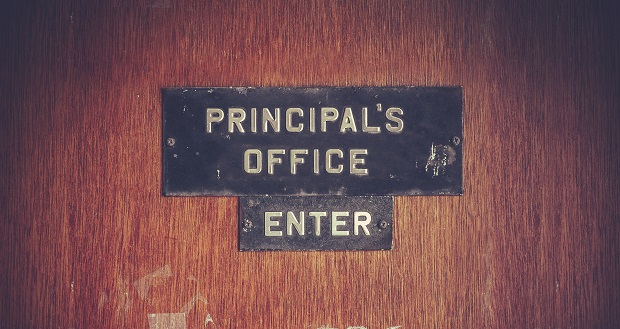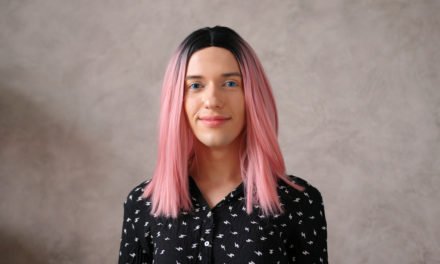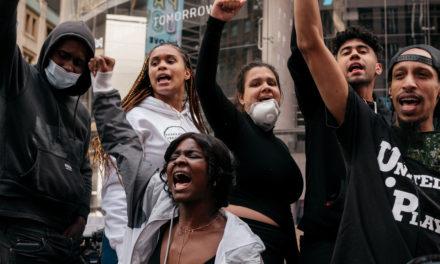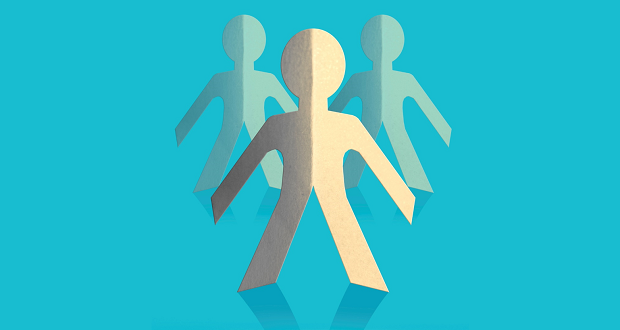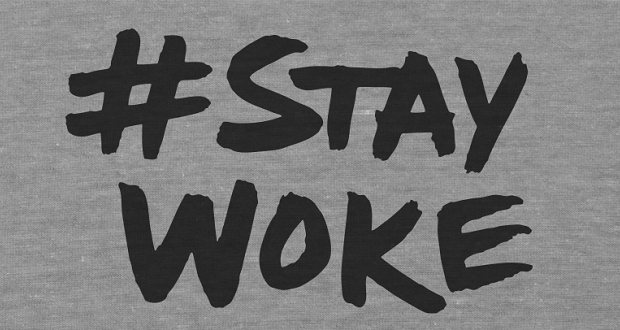
If you’re active on social media, engaged in work around social justice, or familiar with Erykah Badu’s “Master Teacher”, then perhaps the term “woke” is not a new one for you. While “woke,” has origins in, what Merriam Webster refers to as African American Vernacular English, and is not necessarily a new term, it has recently made its way into mainstream rhetoric.
“Woke,” while on the surface, appears to be the grammatically incorrect, past tense form of “awake,” holds significant meaning, particularly in spaces committed to equity, justice, and inclusion. Raven Cras at Blavity, sums up its definition like this:
The phenomenon of being woke is a cultural push to challenge problematic norms, systemic injustices and the overall status quo through complete awareness… Woke(ness) provides us with a basic understanding of the why and how come aspect of societies’ social and systemic functions. The phrase itself is an encouragement for people to wake up and question dogmatic social norms.
In corporate diversity and inclusion “speak,” being “woke” could be likened to the ongoing quest for self- and “other” understanding. It means having a deeper understanding of how systems influence inequitable outcomes. It refers to one’s capacity to be curious, always asking “why,” rather than retreating to one’s default, “conditioned” way of thinking. Staying “woke” means committing to ongoing learning and exposure to what may be unbeknownst to, or uncomfortable for us. When you’re “woke,” you have the capacity to challenge the root causes of systemic inequities, rather than just focusing on the byproducts of them. If you’re an ally, being “woke,” means understanding your privilege, leveraging your influence, and amplifying the voices of those you seek to support.
If you ask us, being “woke,” is requisite to truly Living Inclusively. And just like the latter, it should be a journey, not destination.

